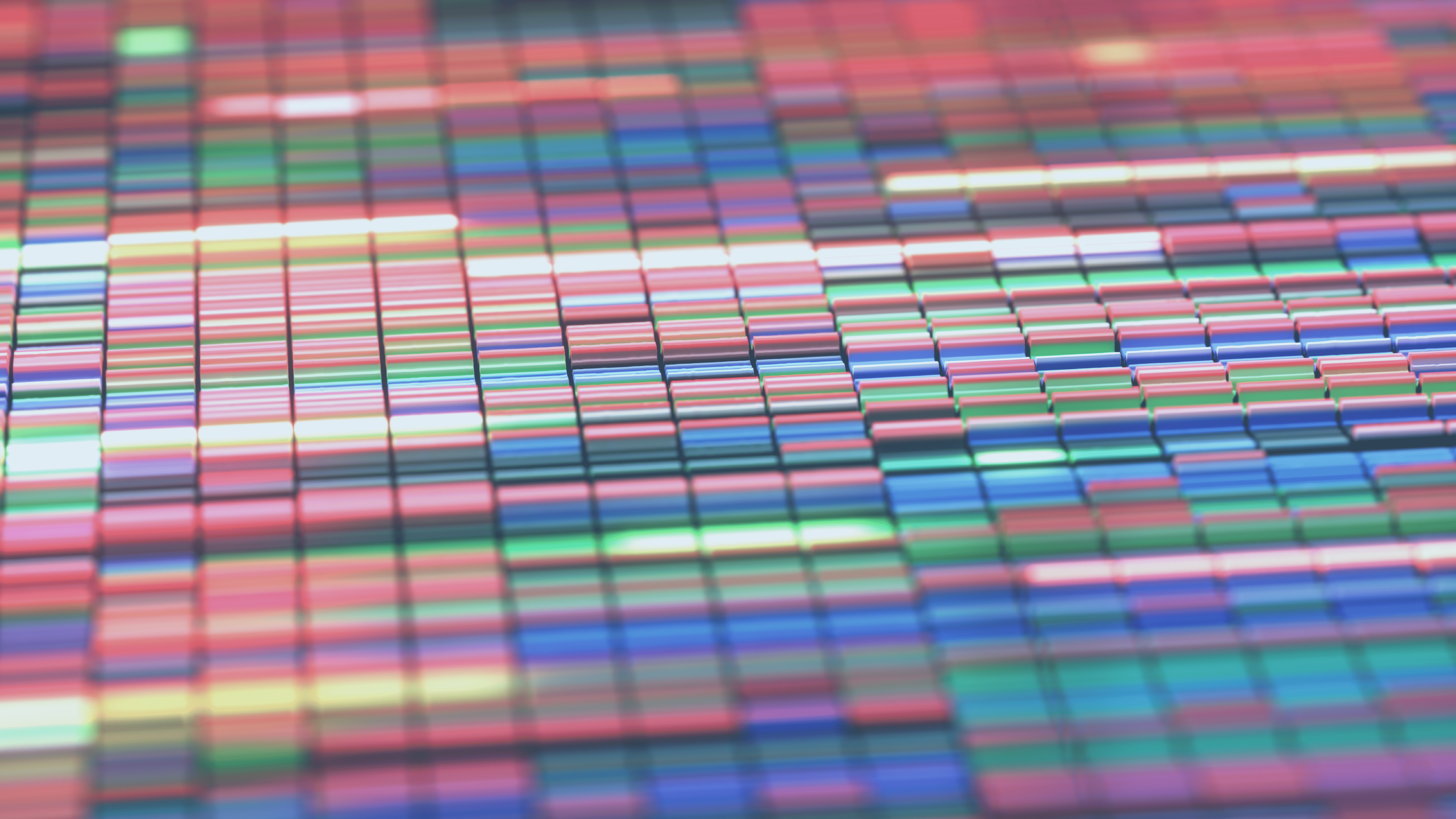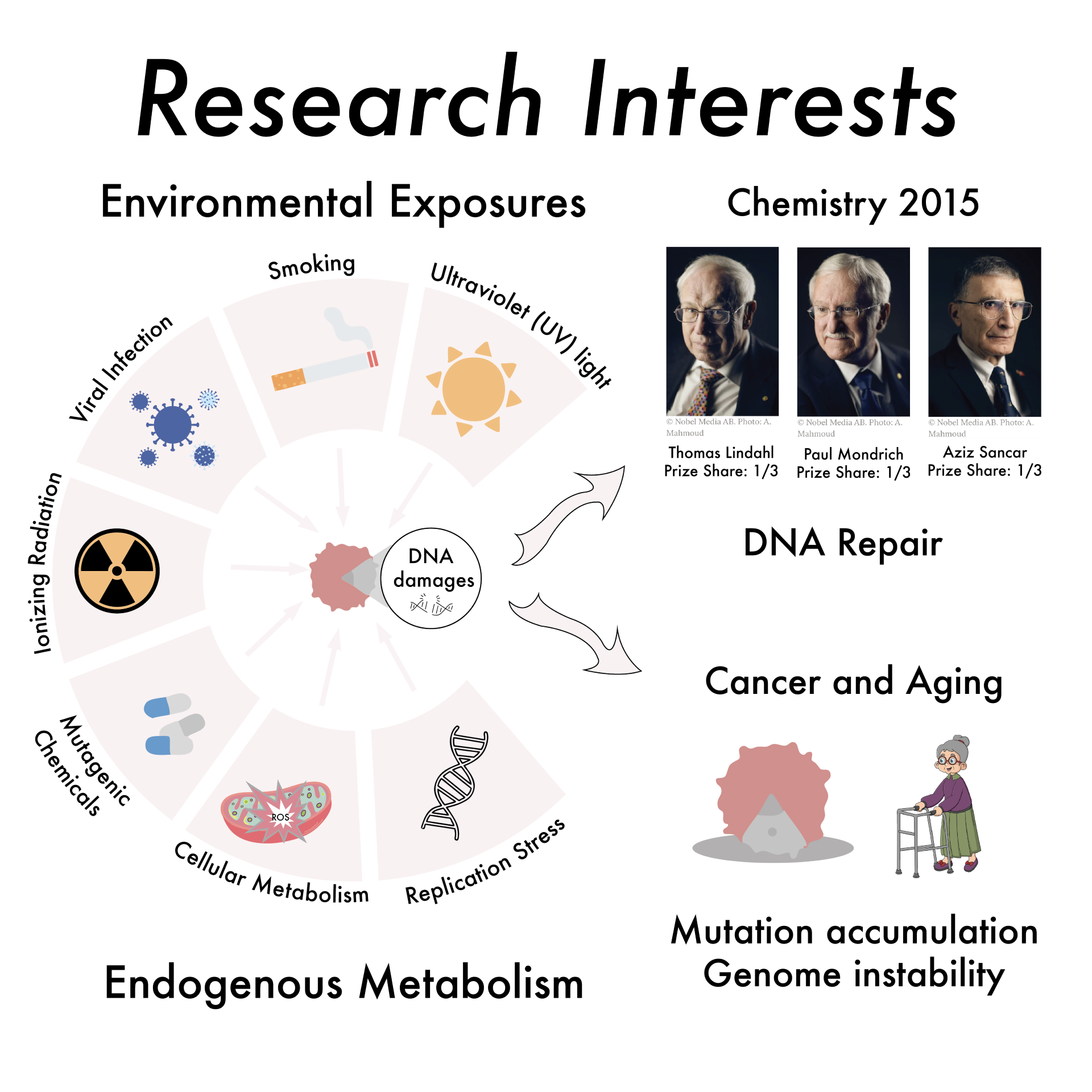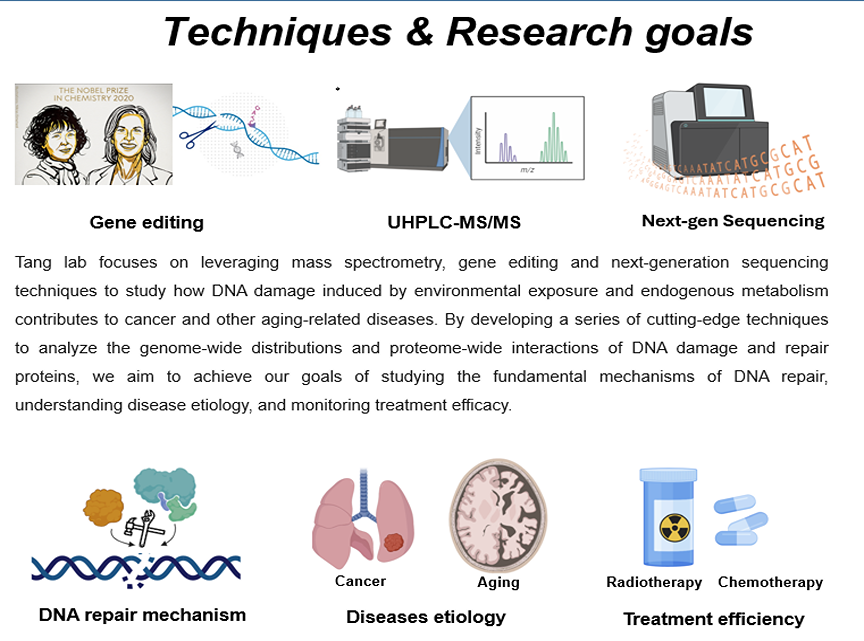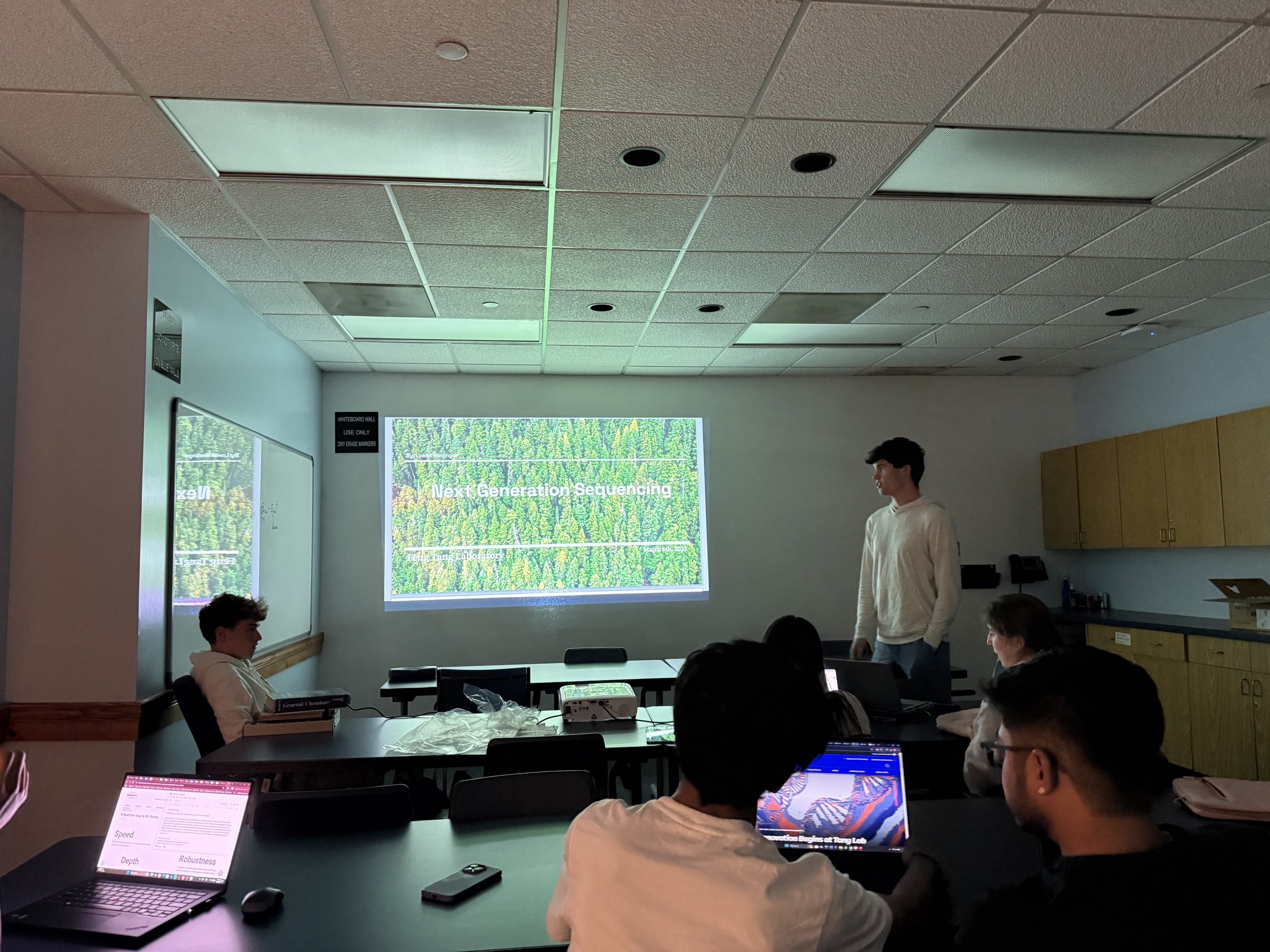WHY IS THIS IMPORTANT TO RESEARCH?
Studying DNA damage is crucial because it helps us understand the underlying causes of many complex diseases. When DNA is damaged, it can lead to mutations that disrupt normal cell functions, often resulting in conditions like cancer, neurodegenerative diseases, and genetic disorders. By exploring how DNA is damaged and repaired, we gain valuable insights into the biological processes that influence health and disease.
Beyond understanding the causes, this research is key to finding solutions. It allows us to develop targeted therapies that can repair or mitigate DNA damage, potentially preventing diseases before they start. With advances in this area, we’re moving closer to personalized treatments that can be tailored to an individual’s unique genetic makeup, offering hope for more effective and precise medical interventions.
80,000+
DNA-Damaging Agents
Cells are exposed to over 80,000 environmental and metabolic factors that cause DNA breaks, including UV radiation, chemicals, and reactive oxygen species.
Over 200
Diseases Linked to DNA Damage
More than 200 diseases, including neurodegenerative disorders and immunodeficiencies, result from defects in DNA repair and genome instability.
≥50%
Cancer and DNA Damage
Over half of all cancers are linked to accumulated DNA damage, leading to uncontrolled cell growth and genomic instability.
Interested in DNA Damage?
DNA damage plays a crucial role in various diseases, including cancer, and understanding its mechanisms is essential for advancing medical treatments.

grow
innovate
collaborate






